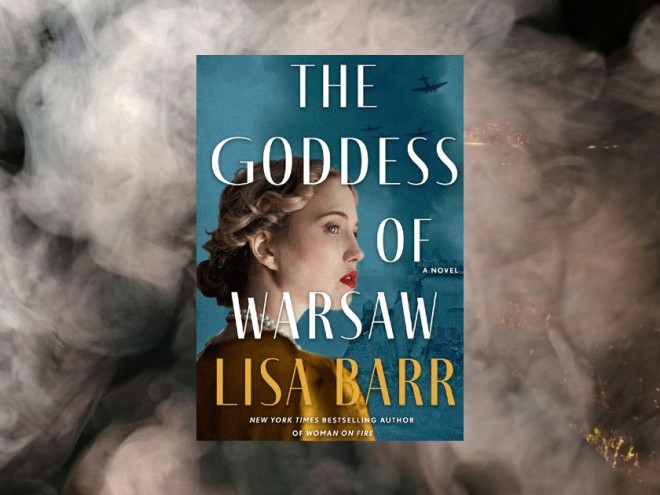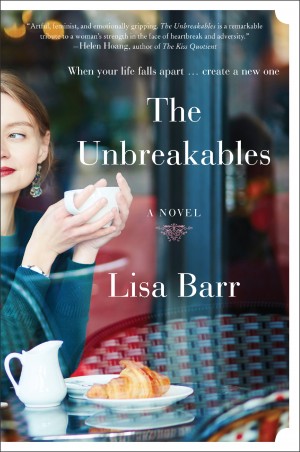Fugitive Colors is a historical novel inspired by what the Nazis called Entartete Kunst, or degenerate art, the term they used to describe art they had deemed to be not a true reflection of the cultural heritage of Germany. In the early half of the twentieth century, art and literature were subject to new ideas, interpretations, and expression in the uses of shape, form, color, and words. German Expressionism was considered to be on the cutting edge of the movement, using new techniques of color application not seen before. None of this new art fit into the Nazi ideal of racially pure art.
As the Nazis continued their rise to power in the early 1930s, artists and collectors began to feel the pressure exerted by the government to abandon what they considered to be an abomination of the true German spirit. Modern art was banned and confiscated, usually unlawfully , and sold, with the proceeds used to fund the Nazi war machine. Jewish artists and art collectors were a particular target of the Nazi regime. All of this was done under the command of Joseph Goebbels, head of the Nazi propaganda machine. The culmination of this attack on art was in Munich in 1937, when the Entartete Kunst was staged to exhibit the “degenerate art.”
Lisa Barr has written a fast-paced story of three young artists in Paris — Rene, Felix, and Julian — who embrace the Avant Garde movement and lust for a life of art and freedom from the constraints of the traditional masters. Rene and Julian, both Jews, are friends with Felix, a Berliner, who will eventually betray them and their art. The story takes us from Paris to Berlin and back to Paris during a time of political upheaval and gathering war storms. The friendship and conflicts between the three young men will lead to tragedy and heartbreak. There are a few too many plot twists in the novel, which strain the credibility of this melodramatic story. But, it does attempt to capture the events of this shameful period in history and tell the tale through the lives of artists who suffered not only for their art, but also for the people they loved.
Related Content
- Read Lisa Barr’s thoughts on Hitler, the Holocaust, and art in her essay How Far Would You Go For Your Passion?
- Historical Fiction Reading List
- Jewish Artists Reading List





